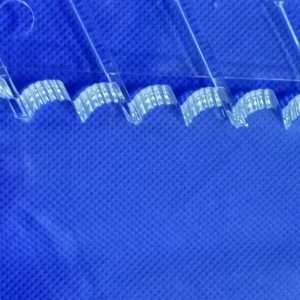MATERIALS
PMMA (Acrylic)
Transparent, lightweight, strong mechanical strength, hardness, thermal stability, and chemical inertness. Transparent nature makes it an excellent alternative to glass.
PMMA (Acrylic) At a Glance
| Process compatibility | Applications | Tolerances | Wall Thickness | Max Part Size | Strengths | Lead Time | Price |
| CNC Mill CNC Lathe | Replacement of glass in doors, light boxes, and billboards | Not lower than ±0.25 mm (±0.010″), based on the drawing ( ISO 2768) | Minimum 0.80 mm (0.03″), but this can change depending on the proportion of the wall thickness to the linear dimension. | 200 x 80 x 100 cm | Strong mechanical strength, hardness, transparent, lightweight, thermal stability. | Minimum 3 days. Not more than 10 days; for all complex parts. | $ |
Introduction to PMMA (Acrylic)
PMMA (Acrylic) is a transparent engineering material with excellent weather, chemical, and sound resistance, surface hardness, dimensional stability, and non-toxic composition.
Due to its transparency and strong mechanical strength, it is utilized in interior design, such as replacing glass in doors, light boxes, and billboards. And it is applicable in the chemical industry since it exhibits a high degree of chemical stability.


